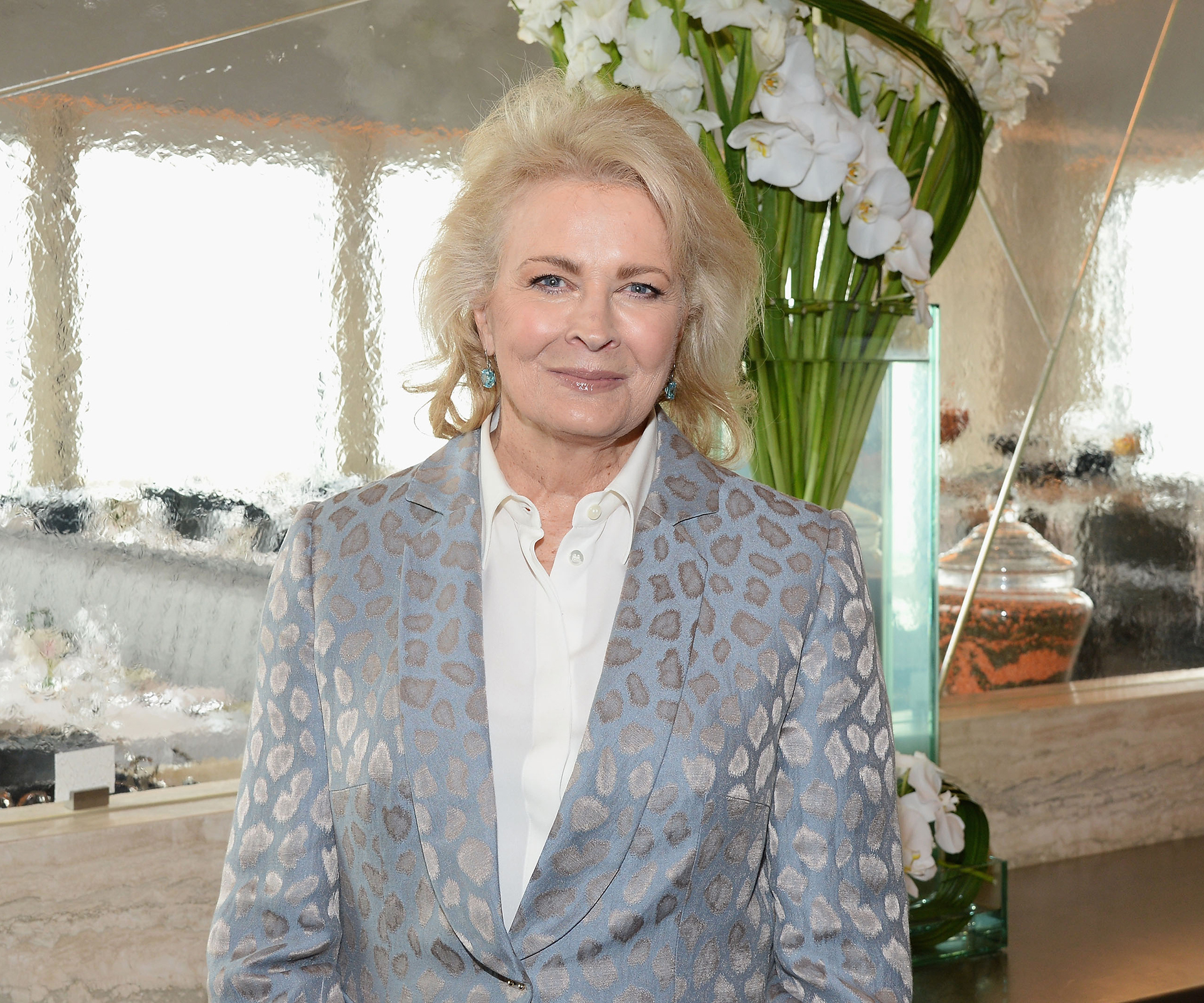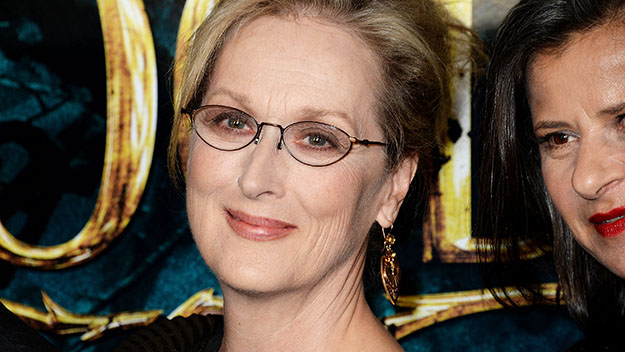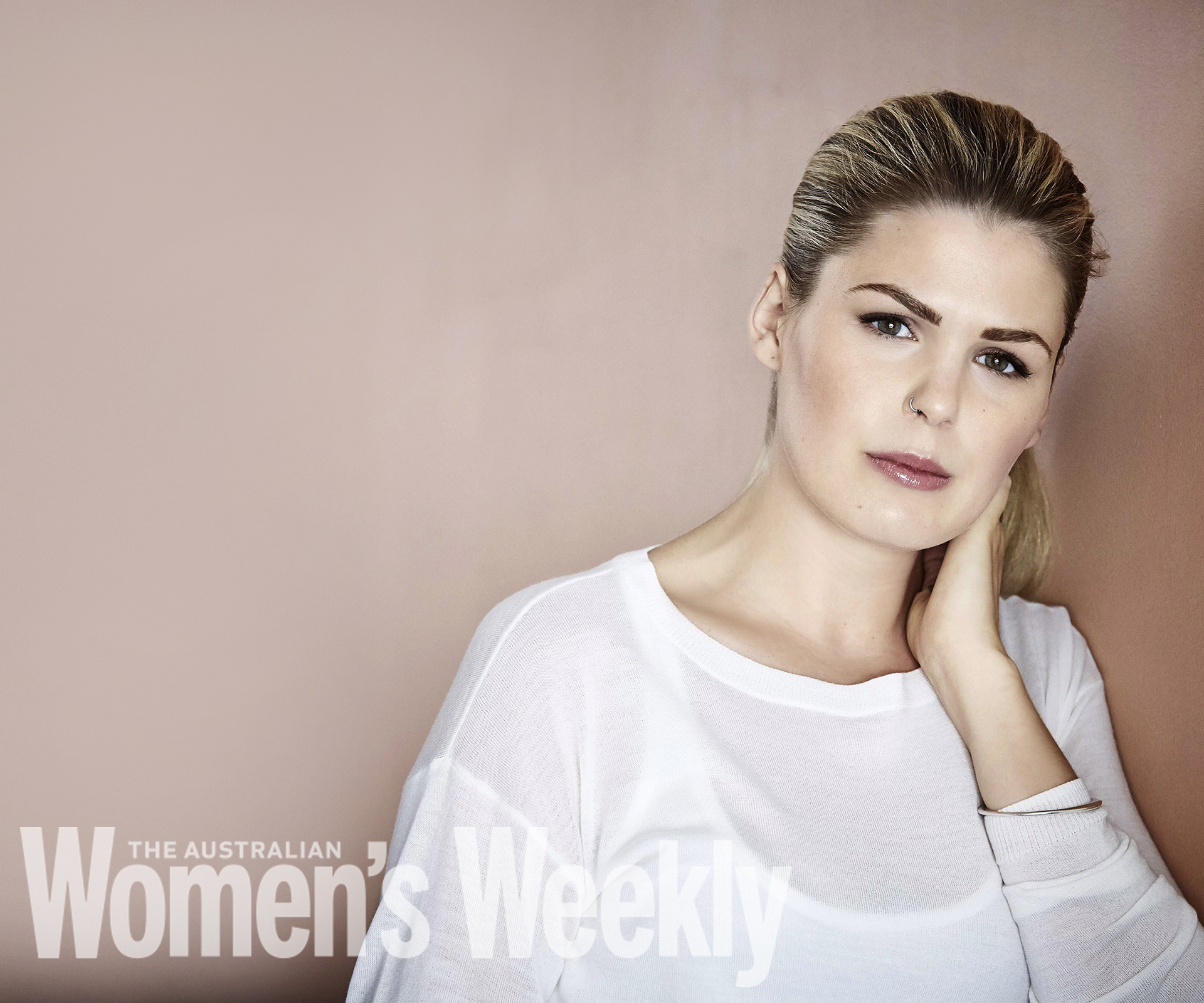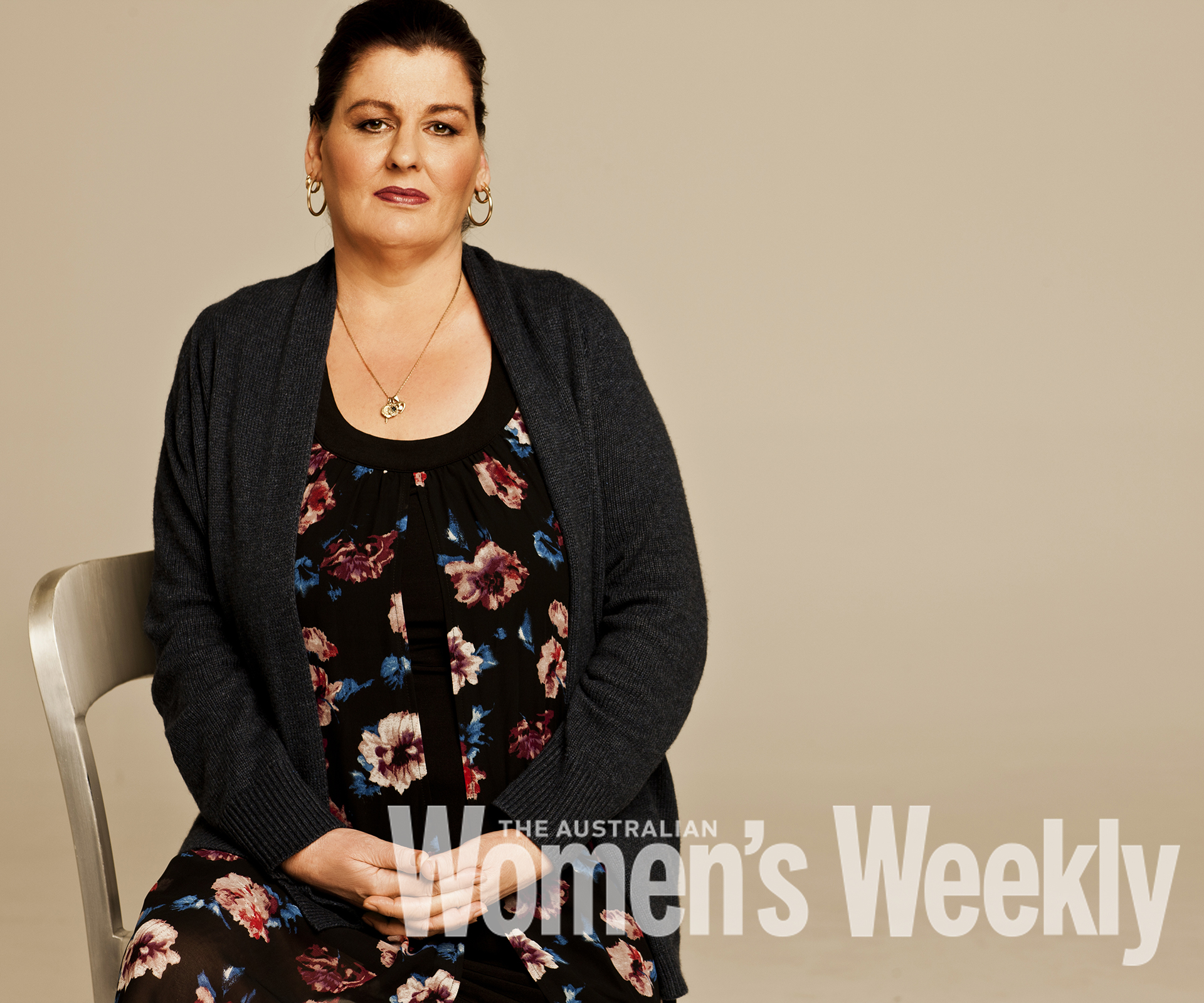Candice Bergen has long been beautiful. As a younger woman, she worked as a model, but then she got into her mid-40s and – bang – men no longer stopped in their tracks.
“I could feel it practically overnight,” Candice, now 69, tells The Weekly. “It was like somebody flipped a switch. I had gotten older. I had put on weight. I was no longer getting compliments.”
Did she care? Yes, she did. Perhaps we all do and we all face the same choice: should we fight the inevitable decline or gently surrender to softly rolling middle age? To read Candice’s unapologetic new book, A Fine Romance, is to discover that she – unlike the formidable, fuss-free Murphy Brown character she played – decided to fight.
“I haven’t had a facelift,” she says, but she has had her eyes lifted and her jowls tightened, plus she’s had Botox and fillers, and not for a minute has she anguished about it.
“I did the pilot for Murphy Brown au naturel,” Candice writes, “but the TV lights are harsh and ageing”, and so she went under the knife and the needle, a process she describes as so painful that she was “moaning like a wounded warthog”.
“I was warned not to incline my head,” she writes, “lest the Botox spill into my brain.”
She felt so dizzy afterwards she decided not to go back, but the magic wears off and she soon acquired “jowls like a basset hound” and so she changed her mind. To this day, she keeps going back, “because I have to make an effort. For my husband. For my old self”.
Candice writes about all this in a pleasingly matter-of-fact way. She was a beauty queen. She missed looking lovely, so she did something about it. She’s not going to apologise for that and nor should she have to apologise. This is her life and her story and what an interesting one it is.
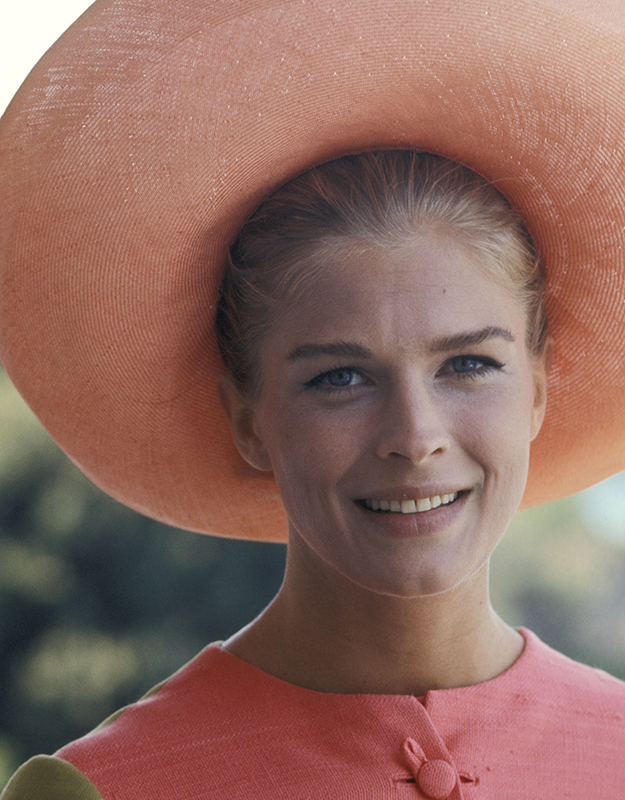
A youthful Candice in her modelling days.
BY HER OWN admission, Candice Bergen was born pretty and privileged in Beverly Hills, California, in 1946. Her father was, of all things, a ventriloquist and she shared her childhood home with a dummy called Charles, convinced that it – or he – was more important to her father than she was and perhaps that’s right because > when Edgar Bergen died, he left money to the dummy, but not to Candice.
It stung, as well it might.
For a while, Candice worked as a fashion model and her face was soon on the cover of Vogue, yet she was wary of trying to make a living solely from her looks, mainly because her father used to tell her, “You know, Candy, it’s the beautiful women who commit suicide”.
She took acting classes, landed some roles and, in 1979, received an Academy Award nomination for her performance in a romantic comedy called Starting Over. Then, in 1980, when Candice was 34, she married the French film director Louis Malle and so began a marvellous life, living partly in France and partly in New York, where they had an apartment on Central Park South.
It seems quaint now, but Candice was at that time considered something of an older bride and she soon felt the pressure to have a child “before it was too late. Honestly, people did used to think that 35 was pushing the envelope a bit.”
She wasn’t sure whether to do it because “the culture at the time, especially in New York was, why have a child? You have a career. And add to that I was not somebody who was ga-ga for babies.
But friends were saying, ‘Do it, you will never regret it’, and I suppose the cliché is true. There was a clock ticking and I answered the call.”
Candice was 39 when her daughter Chloe was born and so began what she freely admits has been the great love affair of her life (the title of her book, A Fine Romance, refers not to her two marriages or even acting career, but to the positively mushy relationship between Candice and her only child).
The fact that Chloe was from day one “a little cactus” – very prickly – seems to have made little difference. “I would reach into her crib to comfort her and she would push me away,” says Candice. “I was enchanted.”
For some years, she was perfectly happy to be Mum, but then, when Chloe was four, up came the role that would make Candice famous.
“I hadn’t been thinking about going back to work,” she says, “but my husband said that I might want to consider it. I was on a plane to New York when I read the script [for the pilot of Murphy
Brown] and it was the funniest writing I’d ever read.”
Candice says that CBS did not want her in the role of the wise-cracking, tie-wearing, flat shoe-shod Murphy. Moreover, they didn’t like Murphy as she was written.
“Diane English [the writer and producer] had created a character who was 40 years old, at the top of her career as a TV journalist, who is coming back to work after a month at Betty Ford for alcohol abuse,” Candice says.
“They were saying, ‘But does she really need to be 40? Couldn’t she be 30? And does she need to be coming from rehab? Couldn’t she be coming back from a week at a spa? And couldn’t she be played by Heather Locklear?
“And Diane said no, the whole point of her is that she is a woman who is ageing in a profession that really doesn’t tolerate that. So I got to play her for almost 10 years.”
Candice says Murphy, who quickly became famous for her marvellous, mannish wardrobe, was a “white-collar role model” for working women, who to this day hold her up as some kind of career icon. Indeed, shortly before her interview with The Weekly, Candice was invited to speak to an audience at the Los Angeles Times Festival of Books. The room was packed and the crowd was 70 per cent women. The host went through Candice’s achievements – model, actor, Oscar nomination – and then, when she said, “and, of course, she played Murphy Brown”, the women didn’t just applaud, they hollered and they cheered.
“I do understand it,” Candice says. “To this day, women of all ages will come up and say thank you. They mean for playing a character that was inspiring to them. In fact, the CEO of Yahoo!, Marissa Mayer, said to [Candice’s daughter] Chloe at a party, ‘If not for your mum, I would not be CEO of this company.’ So, yes, she played an important role. She seemed to encourage women to reach for the heights.”

Candice Bergen in 1969 in Rome, Italy.
Without question, there are many people who see Candice and Murphy as one and the same, and in some ways, they were. Both had demanding careers and, over time, both found themselves trying to juggle work with motherhood and it was not always easy for either of them.
Asked about this at the festival, Candice spoke frankly, saying, “having a child, a job and a husband … you can do two of those things well, but to do three of them? One of them ends up suffering and, in my view, it shouldn’t be the child.” Some in the audience were surprised. Was Candice, or even Murphy, suggesting that women should put their careers aside when they have children? >
“No. What I was trying to say,” Candice tells The Weekly, “is, for years now, we have all tried to be so glib and casual, and we say to women, ‘You can have it all!’, as if that requires no effort. But it’s difficult. And in my case, it was the marriage that came under tremendous strain.”
Besides the juggle, Candice also had to suffer through having 24-hour security. As incredible as it seems, she personally received death threats when Murphy became a single “mom” on the show (hilariously, the character was criticised by a vice-presidential candidate, Dan Quayle, for making light of fatherhood, as if Murphy was somehow real).

Candice and first husband Louis Malle.
It wasn’t easy, but nothing compared to what was to come: 14 years into their loving marriage, Candice’s husband Louis developed what seemed like pneumonia. It turned out to be a degenerative brain disease. Over time, Louis would lose the ability to walk, then to talk, to swallow and, finally, to breathe.
In her book, Candice writes of her “black anger” at this turn of events. “I was furious at the way our lives – our privileged, pleasant lives – had been hijacked, practically overnight,” she tells The Weekly. “When somebody is critically ill, it is a big strain on a family, from many angles. It is frustrating for somebody that close to you to be very ill and not be able to help them.”
Little Chloe stepped up, offering to read to her father and feed him. She also bought him big Goofy slippers from Disneyland, which he refused to take off.
Louis died in 1995 and Candice mourned for more than a year.
“I missed having a man around,” she says, but like many widows, she (very wrongly) wondered whether anyone would be interested. “I would meet men at parties,” she says, and they would be polite, “but then they would turn around and introduce me to their 25-year-old girlfriends, named Cloud.”
Then, in 1998, friends set Candice up with New York developer and philanthropist Marshall Rose, who, she says, was described to her as “rich, handsome and very old-school”. Over time, they fell in love.
The chapter in Candice’s book that deals with this romance is lovely: she felt like a teenager. She splurged on new underwear. He asked her to wear dresses more often, to show off her legs. For
Chloe’s sake, they pretended for a while not to be sleeping together, but finally, they got married.
Candice says it was “a little tricky” to write about Marsh, as she calls him, in her book because he is “low-key and doesn’t like publicity”, but one thing does get her goat: Candice says it’s “everywhere online” that she married a billionaire.
“Seriously?” she says, in her book. “Billionaire? As a result of this rumour, people assume I married Marsh for his money, which I really find infuriating.”
Candice has not always been wealthy in her own right. She got what she describes as “peanuts” for the first season of Murphy Brown because “they wanted the juicier Heather Locklear”, but then she won the first of five Emmy Awards and her salary went up, and kept going up.
“I managed to keep what I made per week a secret,” she says, but in the book she reveals that she was “the highest paid woman or man on TV – by a lot. The truth is, I have made a lot of money.”
Of course, things got better when she got married because Marsh took over her finances and quickly doubled what she started with, “and I’m very grateful but it wasn’t necessary. I had plenty.
And I always paid my own freight. That is a key principle with me.”
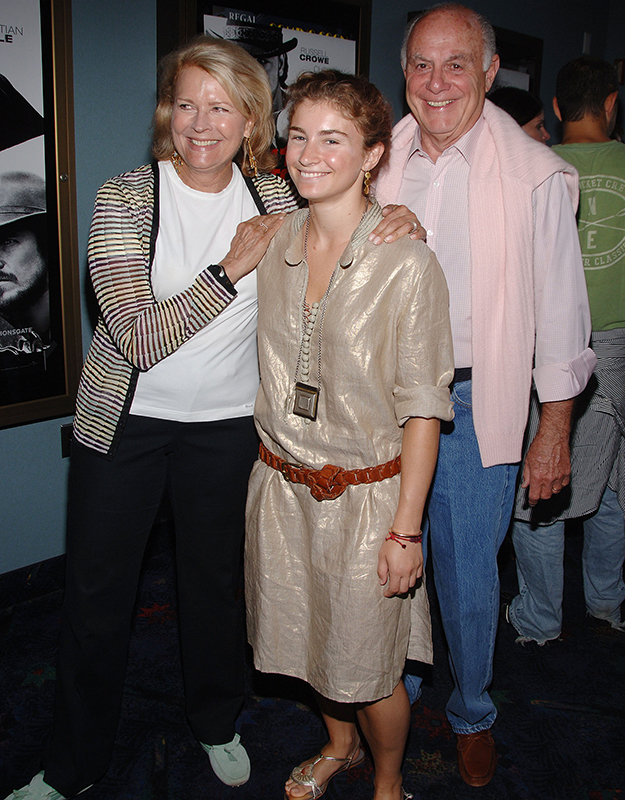
Candice with Chloe and second husband Marshall Rose.
“LET ME JUST come right out and say it: I am fat.”
That is how Chapter 30 of Candice’s book starts. It’s startling, because she is not fat. Maybe by skeletal New York standards, maybe by model standards, but by normal standards? She is not fat and yet it’s this more than anything else in the book that has been getting headlines in the US: Candice Bergen is fat! She admits it herself. What’s worse, she’s fat and she doesn’t even care! “Oh, but I do care,” she says.
In the book, Candice says she has plenty of friends in Paris and New York who have “great figures” and that is because “they often vomit if they have a meal.”
“And if they don’t vomit, they eat only boiled fish or kale,” she says, “and I won’t do it. I cannot live on kale. I will not live on kale.”
It is so good to hear and it seems to infuriate those who are enslaved by diets. In her book, Candice writes about sitting next to a woman who actually glowered at her when she ordered a chocolate dessert.
“But I don’t care,” she says. In fact, she now feels sorry for women who refuse to eat dessert, which brings us full circle: Murphy Brown encouraged women to go out and get their cake, and now here is Candice Bergen, saying yes and you can eat it, too.
A version of this article originally appeared in the June issue of The Australian Women’s Weekly.
Video: A preview of Belle Gibson’s 60 Minutes interview.
